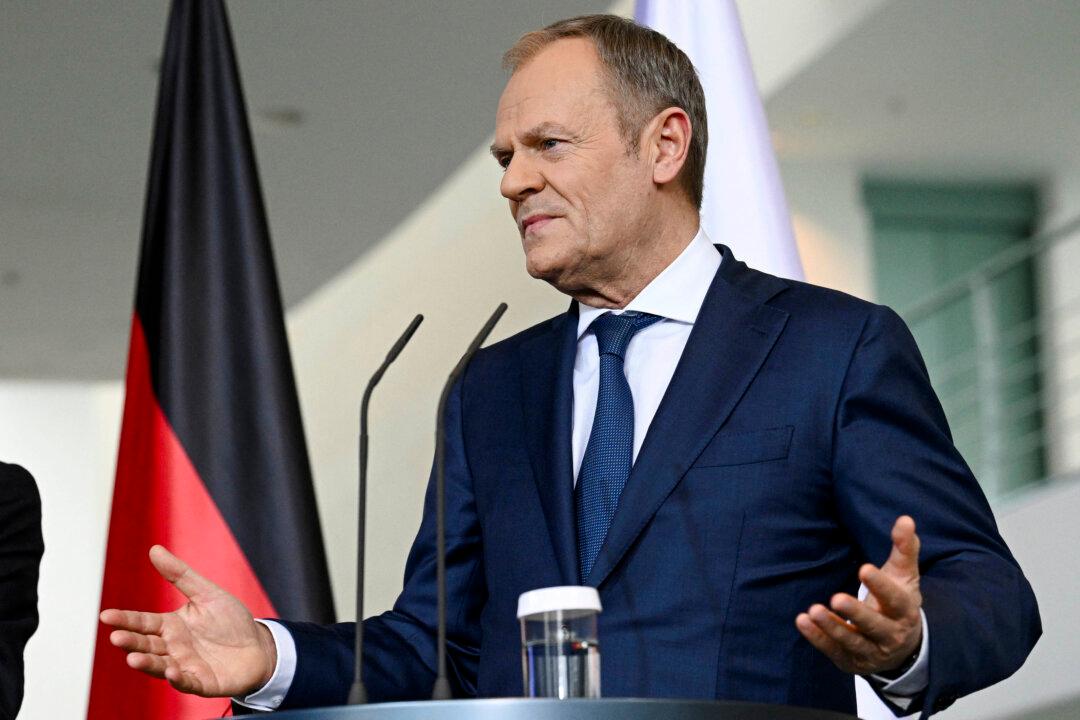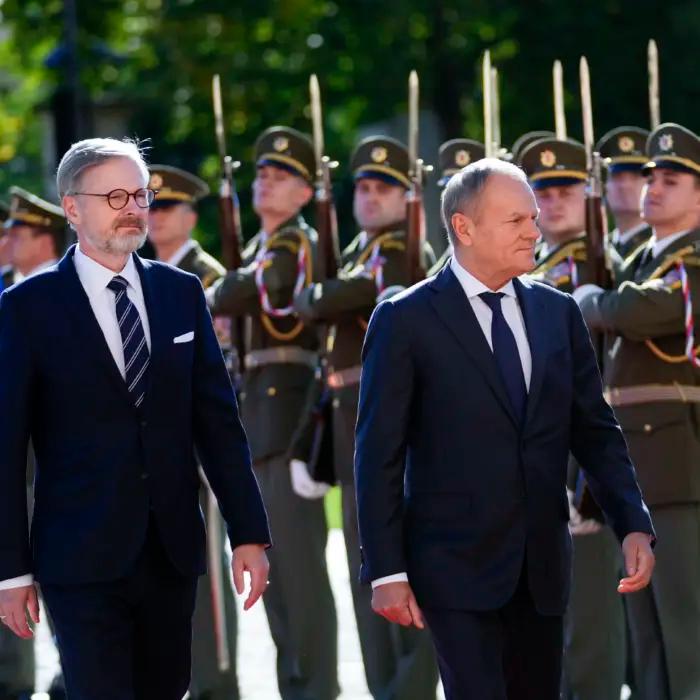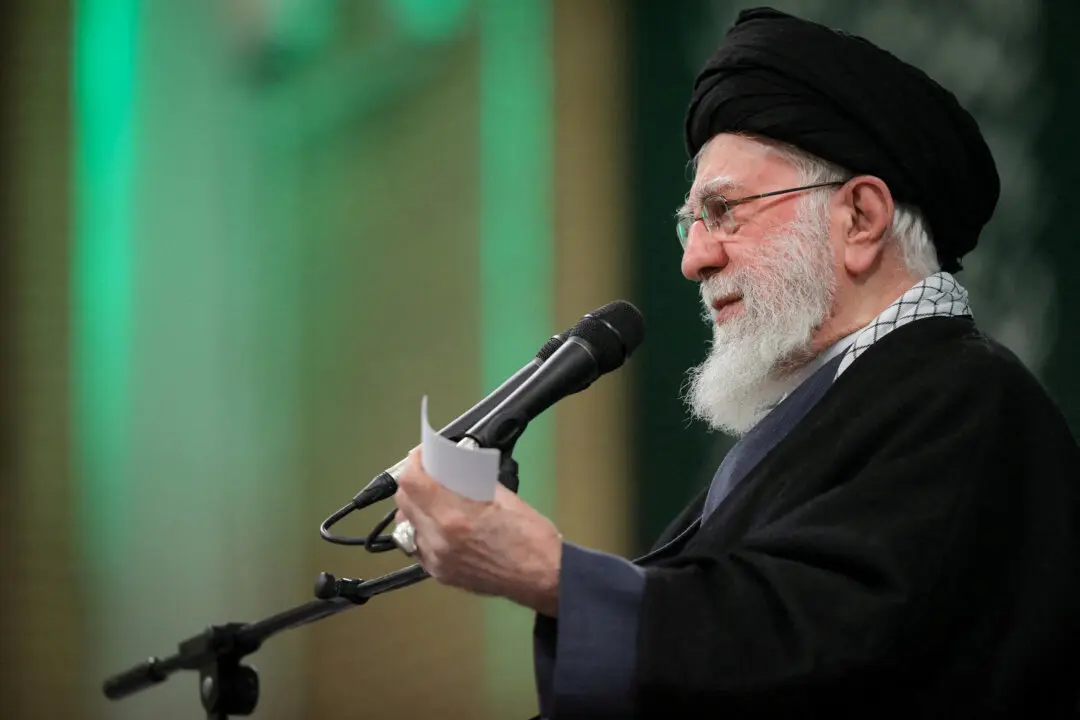Members of Poland’s ruling coalition expressed concerns over Donald Tusk’s plans to suspend the right to asylum on Monday after the Polish prime minister announced them over the weekend.
On Saturday, at a congress organized by his Civic Coalition (KO), a defiant Tusk promised to reject any EU immigration policies he believes will undermine Warsaw’s security and said the right to asylum would be temporarily suspended.
Now, some in his coalition have said they believe those measures may breach the country’s constitution as well as international law.
Tusk’s statements came just days after he and the prime minister of the Czech Republic said that the EU must do more to tackle illegal migration and condemned the practice of renewing border checks between the 27 member states.
A tide of tension over migration has risen across the continent, which has increasingly seen governments come down harder on the issue amid fears of being outflanked by parties to their right.
Immigration has been high on Poland’s agenda since 2021, when nearly 40,000 migrants, mostly from the Middle East and Africa, began trying to illegally cross the Polish-Belorussian border.
Both Warsaw and Brussels say this was a manufactured crisis orchestrated by Alexander Lukashenko in Belarus and Vladimir Putin in Russia.
For their part, Moscow and Minsk have denied any responsibility.
According to Poland’s border guard, there have been 27,900 illegal attempts to cross the Belarus border this year, slightly up from 2023.
Last week, Tusk said that “thousands of Polish soldiers, police officers, and border guards are engaged in fighting” every day on the border, where the situation resembles a “wartime landscape.”
Immigration is expected to be a wedge issue in the upcoming Polish presidential election next year, with Tusk’s hard stance proving popular with the public, but irking human rights groups.
Parliament speaker Szymon Holownia, who leads Poland 2050, a center-right party which forms part of the government, said Tusk was speaking only for KO.
“We are of the opinion that the right to asylum is ’sacred' in international law,” he said in a Facebook post, adding that a suspension could only be instituted during a state of emergency.
Tusk came into office in October last year, on a pledge to improve Poland’s relations with the EU.
The eight-year rule of the nationalist Law and Justice (PiS) government had led to a feud between Warsaw and Brussels over various policy decisions, including minority rights and judicial independence.
However, even some representatives of PiS appeared shocked by Tusk’s plan, with ex-deputy foreign minister Szymon Szynkowski vel Sek calling the move “incomprehensible.”
The EU adopted a new migration policy in April, which has been criticized by right-wingers across the continent for not being strict enough.
Poland has said it will not accept the relocation of migrants from other member states under a scheme that aimed to curb migration to the continent.
A European Commission spokesperson said on Monday that protecting EU borders was important but “member states have international and EU obligations, including the obligation to provide access to the asylum procedure”.
In July, Helsinki passed a law granting border guards the power to block asylum seekers crossing into Finland from Russia.
September saw Germany announce tighter controls on its land borders after a spate of stabbing attacks perpetrated by asylum seekers.
The move by Berlin contributed to a rift with Warsaw, with Tusk cancelling a trip to Germany when he was scheduled to pick up an award in Potsdam.
He said that Poland didn’t require tighter controls on its western border, but rather more engagement from Berlin and others in securing the external border of the EU.







